It’s no secret that we all want to live well and enjoy a fulfilling lifestyle without feeling weighed down by debt or financial stress.
The key to achieving this balance lies in understanding your money and adopting habits that lead to lasting financial security. Budgeting doesn’t have to feel restrictive or dull – it can actually enhance your quality of life by freeing up resources for things that truly matter to you.
Create and stick to a realistic budget
Building a lasting financial future starts with a solid understanding of where your money goes. It’s easy to lose track of spending when there’s no clear picture of your finances, which is why a budget is crucial.
Start by calculating your total income, including all salary, benefits and other income sources. Then, track your expenses. Include both fixed (like rent or mortgage payments) and variable (such as food and entertainment) spending. It’s important to be honest with yourself about where your money is going, even if it feels uncomfortable at first.
Once you have this information, create a realistic budget. It should allow for essentials while still offering some flexibility for leisure or unexpected costs. Setting limits on budgeting apps for categories like dining out or entertainment can help you stay within your means while still enjoying life.
Smart shopping and meal planning to cut costs
One of the easiest places to save money is in your weekly food shop. Smart shopping and meal planning can drastically reduce your food bills and curb unnecessary spending. Start by planning your meals for the week, creating a shopping list and sticking to it.
Consider buying in bulk for items you use frequently. Meanwhile, supermarket own-label brands often offer the same quality, but at a fraction of the price.
If you can, try meal prepping to make your food stretch further and avoid food waste. Beyond this, preparing and freezing meals in advance can save both time and money in the long run.
Save on household bills and energy usage
Another way to live frugally without sacrificing comfort is by reducing household bills. Start by reviewing your utility usage. Simple steps like switching to energy-efficient light bulbs or unplugging electronics when they’re not in use can help reduce energy consumption and lower your bills.
Recent shifts in the energy price cap mean that electricity and gas costs have been fluctuating, so it’s essential to stay on top of changes in energy prices. Shopping around for the best deals and switching energy providers can help you secure the most affordable rates. Consider installing a smart meter to monitor your energy consumption too.
You can also cut down on water and heating costs by becoming more mindful of how much you’re using. By being conscious of your everyday habits, you can make a big difference in your monthly bills.
Build financial health with credit knowledge
Understanding credit is a key component of smart budgeting. A good credit score not only makes it easier to secure loans or mortgages but also gives you access to better interest rates. Start by reviewing your credit report and keeping track of your credit score.
Credit cards for bad credit tend to have lower credit limits, which can help you rebuild your credit history while limiting the risk of overspending. You can research your options through popular price comparison websites and choose the right one for your circumstances. Just make sure to pay off the balance in full each month to avoid interest charges. Managing credit responsibly, paying bills on time, and avoiding late fees will help improve your financial health.
Your credit score is just one piece of the puzzle. Equally important is the way you manage spending. Keep track of your credit card purchases and treat them as part of your overall budget. If you don’t have a clear sense of how much you owe and how much you can afford to pay off each month, you risk accumulating debt that can quickly spiral.





